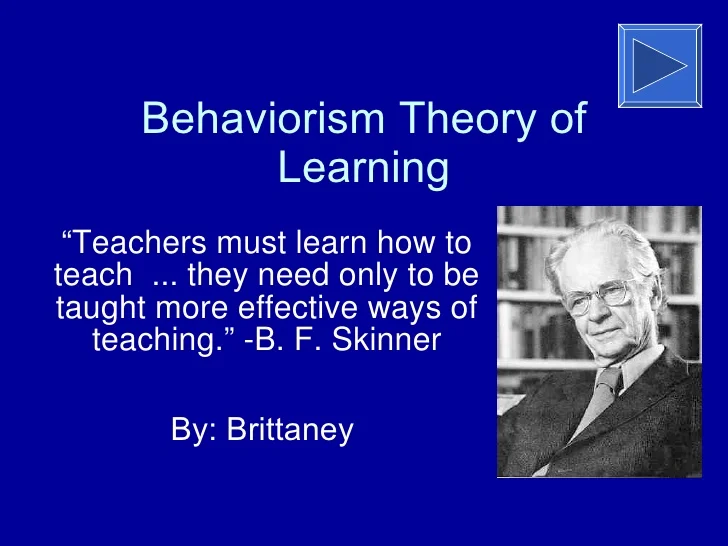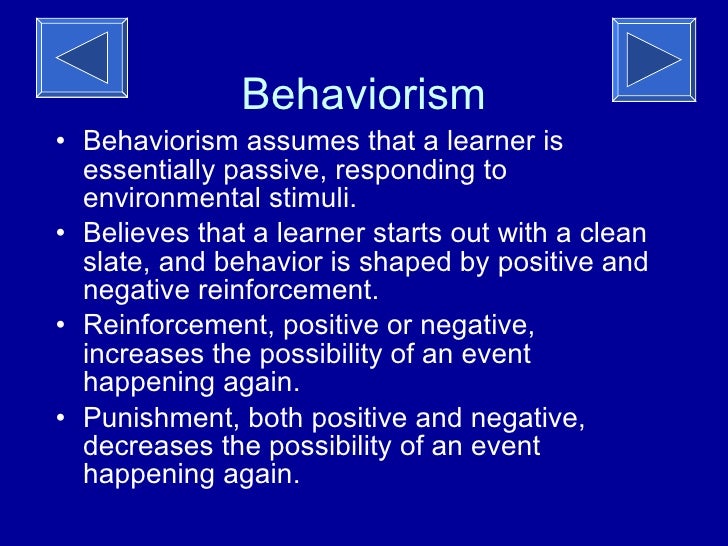Topic 10: Curriculum Evaluation ;Curriculum Issues and Trends
Evaluation...
- The process or group of processes that people perform in order to gather data that will enable them to decide whether to accept, change or eliminate something.
- Concerned with "|relative values" and "statements of worth".
- Determining whether the expected or the planned has occurred or is occurring in relation to the intended.
- to answer the question, "Did the curriculum or training program, as designed, developed and implemented produce the desire results?"
How to evaluate curriculum?
- Data based judgement
- Student achievement
- Expert analysis (survey/checklist)
Student Evaluation
- Objective based (goals and objectives)
- Domains of learning
- Cognitive - knowledge assessment
- Psychomotor - skill assessment
- Attitudes - values
- Multiple activities and assessments
Five Value Questions
1) Intrinsic value- the goodness and appropriate of the curriculum
2) Instrumental Value
- What use is the curriculum?
- Who is intended audience?
- Does the curriculum address the goals and objectives?
3) Comparative value
- Is the new program better that the one it replaced?
4) Idealization value
- How can the curriculum be improved for optimal benefit?
5) Decision Value
- Should the new program be retained, modified or discarded?











